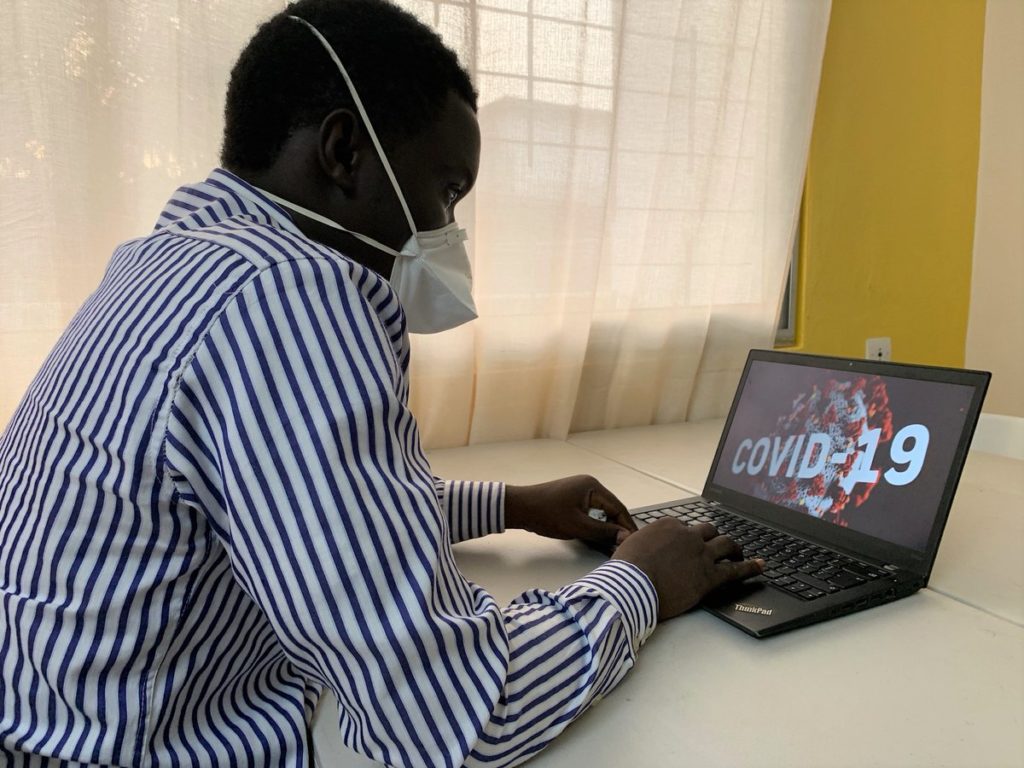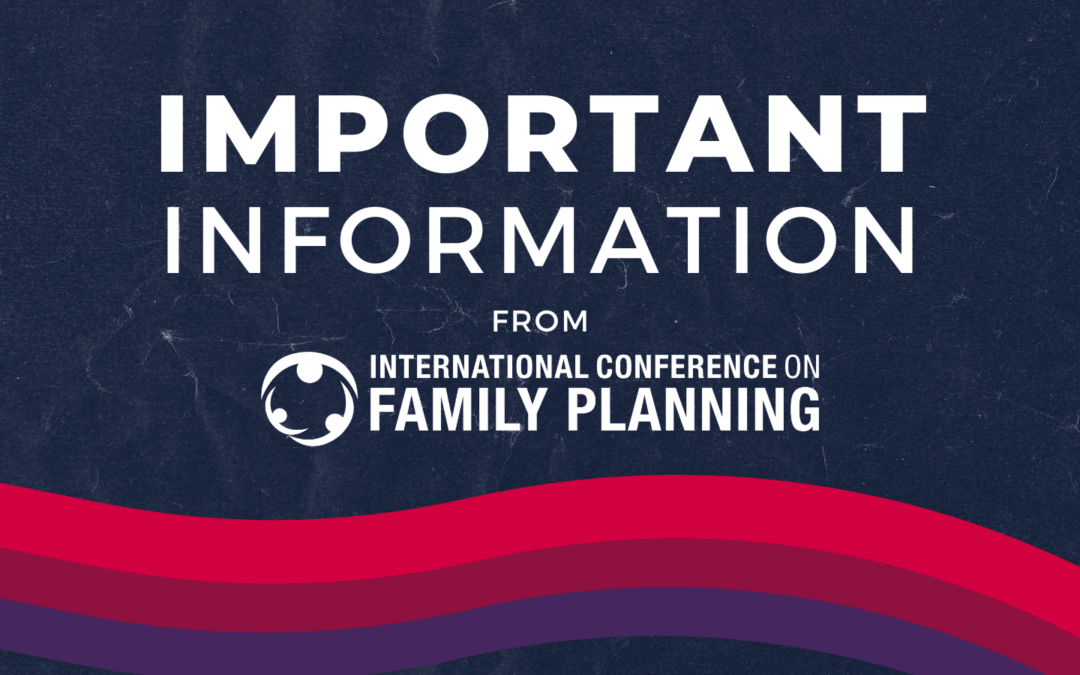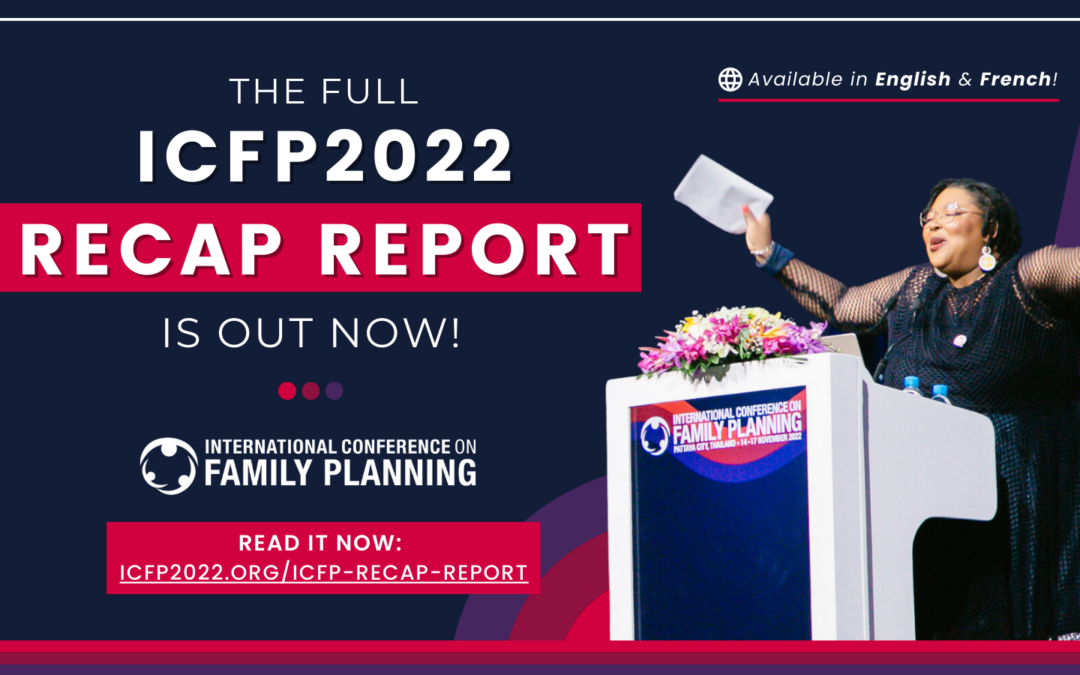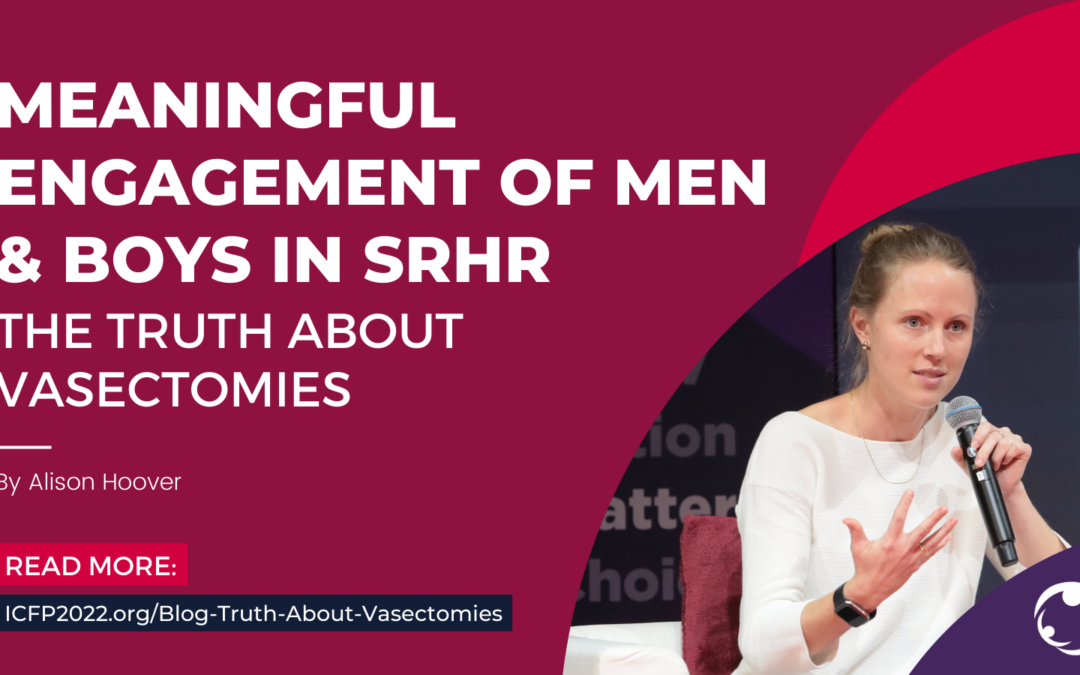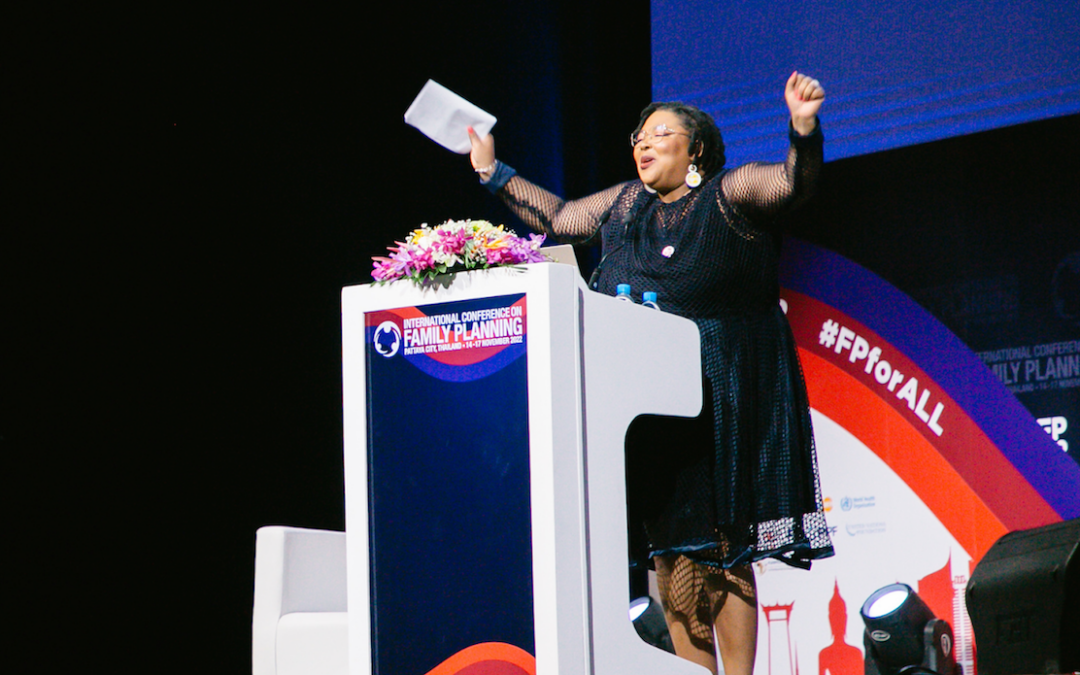By Women Deliver. Originally posted on WomenDeliver.org.
As the world grapples with unprecedented challenges posed by the COVID-19 pandemic, young people are demonstrating their continued leadership in their communities and countries. According to a new UN plan to address COVID-19, young people are some of the most affected by the pandemic’s socio-economic impacts. Nevertheless, youth are also among the most active in global responses: Not only are they on the frontlines as health workers, but they are also advancing health and safety in their roles as researchers, activists, innovators, and communicators. As such, decision-makers must commit to ensuring youth voices are part of the solutions for a healthier, safer, and gender-equal world.
Here are just some of the ways that Women Deliver Young Leaders are stepping up and taking action against the outbreak:
1. PROVIDING ESSENTIAL REPRODUCTIVE HEALTH SERVICES AND COMPANIONSHIP
With many countries going into some form of lockdown, women around the world are having trouble accessing safe abortion and contraception. To ensure people are still able to care for their sexual and reproductive health, Lina López and her organization, safe2choose, are offering support via email, website, Twitter, Facebook, and Instagram. “During these uncertain times, we remain committed to provide safe abortion information and counseling to women and girls from their homes,” Lina said. “Talk to us, we are here to support you.”
In Israel, welfare social worker Or Ram and in the UK, NHS Volunteer Responder Gbemisola Osadua offer telephone support to those experiencing loneliness while in self-isolation. Or also counsels girls with unwanted pregnancies, highlighting the cross-cutting work of social workers during this time of quarantine and other protective measures.
2. USING SOCIAL MEDIA AND APPS TO SPREAD ACCURATE INFORMATION
According to medical doctor Hashim Hounkpatin of Benin, there are two diseases currently spreading around the world in a viral manner: COVID-19 and fake news. The vaccine for both? “Good information.” Hashim, who launched a mass literacy program in Francophone Africa called Arayaa, teamed up with a consortium of health-related content producers to organize a Tweetchat about how to keep safe against COVID-19. Their hashtag #AgirContreCOVID19 has reached more than 90,000 participants to date. Additionally, they are designing an app that displays trusted knowledge in local languages and allows users to interact directly with experts for help.
3. SPEAKING OUT FOR EFFECTIVE AND EQUITABLE CARE
On top of treating patients, young doctors are also responding by sounding the alarm bells around limited resources and demanding greater investments in health. Sujitha Selvarajah of the UK’s National Health Service (NHS) emphasizes the need for personal protective equipment (PPE), increased testing capacity, and protection of the most vulnerable populations. “This pandemic reveals the existing inequalities in society,” Sujitha said. “Protecting the most vulnerable should be a priority at all times, not just during a pandemic.”
Meanwhile, Gvantsa Khizanishvili of Georgia is focused on improving access to quality and equitable care for cancer patients during the pandemic. As the Tbilisi City Manager of C/Can, Gvantsa is calling for oncologists around the world to share information and data on the impact of COVID-19 on cancer patients. Because cancer patients are at higher risk of complications from the virus, she believes “it is crucial to provide the most accurate information, resources and support to people with cancer, cancer survivors, their families, and caregivers.”
4. CHAMPIONING MENTAL WELLNESS
Protecting everyone from the pandemic also means safeguarding people’s mental health. In Poland, physician and psychiatry resident Anna Szczegielniak is bringing attention to how social isolation puts additional stress on individuals, especially those who are homeless, have no internet connectivity, or lack support from their families. According to Anna, physicians in the country are organizing social media groups for those in crisis and are highlighting the value of community. “Only united we can beat this pandemic,” Anna said.
5. INNOVATING TO IMPROVE ACCESS TO LIFESAVING TESTING
Widespread testing is a vital part of saving lives in a pandemic. To bolster their city’s coronavirus defense, Helena Likaj developed and implemented a drive-thru testing center in New Orleans, Louisiana. Every weekday afternoon and while supplies last, their facility provides free COVID-19 testing to individuals riding up in cars and bicycles.
6. CONDUCTING RESEARCH AND DEVELOPING TECHNOLOGY
Another critical aspect of combatting coronavirus is research. Hamza Meghari of Palestine, a Clinical Care Research Assistant currently based in the UK, is joining forces with the World Health Organization to conduct a study of the clinical and epidemiological characteristics of COVID-19. This research would enable better understanding of the disease and therefore improved management of its symptoms and spread. While things may be uncertain now, “we should all believe in the power of scientific research,” Hamza said.
7. HARNESSING THE STRENGTH OF COMMUNICATIONS
Jama Jack is the Head of Communications of the Medical Research Council Unit for the only COVID-19 testing center in The Gambia. For her, one of the biggest local challenges is the information gap, so she created posters and videos busting myths about coronavirus and published the materials in various Gambian languages. “Solidarity will provide an opportunity for the sharing of correct information, and this can help to minimize the potential for panic,” Jama said.
Similarly, editor, producer, and presenter Robert Mukondiwa provides daily updates to Zimbabweans (and the rest of the world) about his country’s efforts to tackle COVID-19. Through informative programming at Zimpapers TV Network, Robert is influencing others to engage in helpful behavior changes such as social distancing and self-isolation.
8. DELIVERING FOOD AND SANITATION
In a time when essentials are scarce, young activists are working to fill the needs of their communities. Community Development for Peace (CDP) founder Muhammad Ferdaus works through his organization to distribute dry food and sanitation kits to daily laborers — such as street vendors and rickshaw pullers — in Bangladesh. Since Dhaka’s lockdown has made maintaining health and safety especially difficult in the slum area of Korail, Muhammad gives these residents hygiene products and provides training on how to keep their surroundings clean.
Social activist Krishna Maheshwari is also providing free meals to families in Pakistan. His self-initiated service prioritizes single women and widows, as well as workers whose livelihoods have been disrupted by the crisis.
9. ENGAGING ELECTED OFFICIALS AND LAWMAKERS
As a lawyer, Bernarda Ordóñez Moscoso used her role as legal advisor at the National Assembly of Ecuador to secure funding for COVID-19 response. After Bernarda urged political parties to donate money they had set aside for election campaigning, the President of Ecuador announced that the government would channel these reserves into fighting the pandemic. Often, violence against girls and women tends to skyrocket in times of crisis. In response, Bernarda is also helping implement a protocol to address the safety of girls and women during the emergency.
10. ENSURING THE MOST VULNERABLE ARE NOT LEFT BEHIND
Several reports show that those in humanitarian settings, particularly groups who are displaced and/or living in camps, may experience the direst effects of COVID-19. Young people like Muzna Dureid are raising their voices to make sure these populations don’t get left behind in the crisis. As Liason Officer at White Helmets, a volunteer organization that has gained international attention for rescuing wounded civilians during Syria’s civil war, Muzna advocates for a “global effort of expertise, technology, money, and materials to save lives everywhere, including in Syria,” where crowded refugee settlements leave girls and women especially vulnerable to the disease. “The ceasefire is the only way to deliver medical products,” Muzna said.
To read more about how Women Deliver Young Leaders and other youth around the world are affected by this pandemic and how they are responding, please visit our Youth Deliver channels on Twitter and Facebook.
For resources on how to effectively engage with young people in your work, check out Women Deliver’s paper on Meaningful Youth Engagement.
Learn more about Women Deliver’s response here.
All photos courtesy of Women Deliver Young Leaders.

